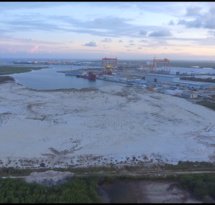
Dredging Destruction: Report reveals how Dutch dredging companies are systematically destroying human lives and the environment around the world with the help of taxpayers’ money
The Netherlands is providing billions of euros in support for dredging projects by Boskalis and Van Oord around the world. All of these projects are destroying human lives and the environment. The Dutch government’s policy to protect people and planet is failing systemically. And after twelve years of studies and talking, there are no real improvements. It is time for a thorough clean-up of government support for the dredging sector.
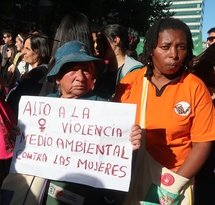
Last Friday, 29 May, it was announced that both the Fair, Green and Global Alliance (FGG) and the Global Alliance for Green and Gender Action (GAGGA) have been selected as two of the 20 potential strategic partnerships of the Dutch Ministry of Foreign Affairs for the 2021-2025 period. Both ENDS is pleased that the Dutch government is seriously considering extending its support to these networks, as they show that cooperation on the basis of equality between grassroots organisations and NGOs throughout the world can continue to bring about change in the position of women, in respect for human rights and in making trade chains and financing systems sustainable.
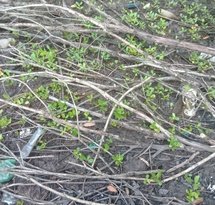
"The mangroves were choking, gasping for air. When the dam was partially opened, they could finally breathe again. It was the breath that the animals, the fish in the rivers, the crabs, shrimps and oysters had all been craving."
On the northeast coast of Brazil, activities have been underway since 2007 to develop and extend the port of Suape. The port is being developed partly to support oil drilling along the Brazilian coast. The project is controversial because of the disastrous impact it is having on the natural environment, the rivers, the mangroves, marine life and the people who have lived in the region for many generations. Together with Fórum Suape, specially set up to combat the development of the port, Both Ends has been working for almost ten years to protect the rights of local communities in and around Suape. Now there has been a breakthrough – literally. In August of last year, a controversial dam in the Rio Tatuoca that was destroying the mangroves and the aquatic life in the area was partially dismantled. We spoke to Mariana Vidal,* project coordinator at Fórum Suape, about how that came about and what changes have taken place in the area since.
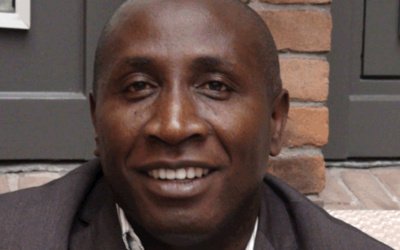
<p >The Association of Saramaccan Authorities (ASA) is an organisation consisting of 61 Saramaccan village leaders from Suriname, fighting large scale land rights violations. Logging companies are exerting great pressure on the area and the Surinam government does little about it. ASA campaigns for the protection of the region and the enhancement of inhabitants' influence. We spoke with Hugo Jabini from ASA about his expectations for RIO+20.
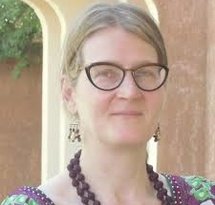
This year's climate conference had a lot of side-events about gender. Gender is about women and men, not their biological differences, but the differences in for example their roles, their needs, their rights and their access to decision making.
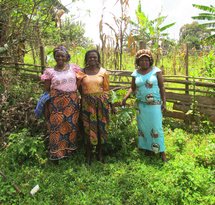
This week more than thirty representatives from organisations from all over the world are coming to Amsterdam. What do they have in common and why do they meet? They all work – in their own contexts – on sustainable development, the environment, protecting human rights or specifically on gender equality and women’s rights. And they are all somehow connected to the three organisations that work with the Dutch Ministry of Foreign Affairs in ‘GAGGA’, the Global Alliance for Green and Gender Action.
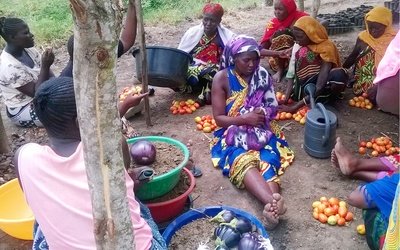
When governments assign areas for development purposes such as mining or large-scale agricultural production, often women are affected most. Women are often responsible for their family's food security, relying on access to natural resources such as land and water. At the same time, women have little or no access to decision-making procedures. By empowering women in the Kenyan Tana Delta, Both ENDS' partner Nature Kenya has effectively build counterpower and convinced local and national decision makers of the necessity to include women in land use planning.